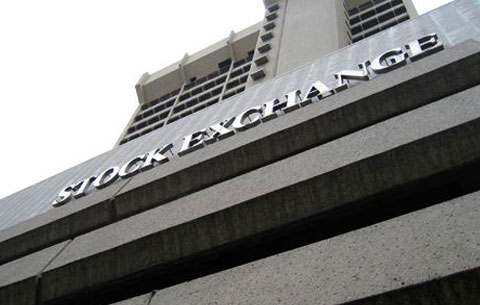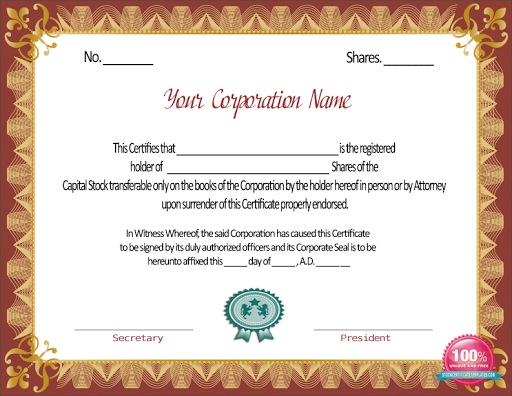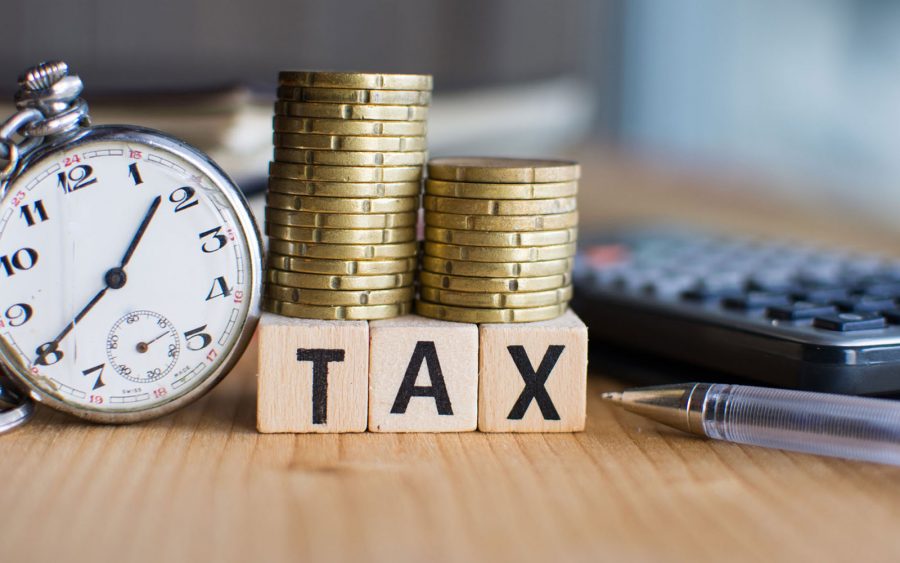Investors in the Nigerian Stock market often check prices of stocks at the close of trading everyday. The information is published in a price list published daily by the NSE. It is used daily by thousands of investors to measure the value of shares. But how is that price determined? We will use these two scenarios to explain.
Scenario 1
You instruct your stockbroker to buy shares for you at say N2 only for you to check the price list and find out the stock closed at N1.9 as contained in the pricelist.
Scenario 2
It is also possible that your stockbroker could not buy the stock for you at N2 even though the closed trading day pricelist places it at N1.9. So how is all this possible?
How much you buy or sell a stock
The price you pay for a stock, just like any business, depends on the forces of demand and supply. Using the scenario above, you were able to buy the shares at N2 because there was a willing seller for that price. Someone else could well have bought or sold it at N1.9 or N2.1 per share.
If you could not buy a the N2 as in the second scenario above, it is because there was no willing seller at that price.
How the closing price is determined
The opening and closing price included in the price list of the Nigerian Stock Exchange is determined by the Exchange’s engines. However, the principle basically is that a share can only register a price change if there is a single buyer of at least 50,000 units.
[Read Also: This is how to bid for the second Treasury Bills Sale of 2019]
What does this mean?
If 7up shares for example was N130 today it will only move higher or lower than that price if at least there is a single buyer/seller of 50,000 units. Therefore, if 100,000 units is bought by 4 people at 25,000 each the share price will not move even if it cost each of them N135 per share.
Bottom line
Pricelist are only a guide and should be used as such. It is not static and may not be a true reflection of share prices. Make sure you give your stockbroker a price range whenever you ask them to buy shares on your behalf.



















